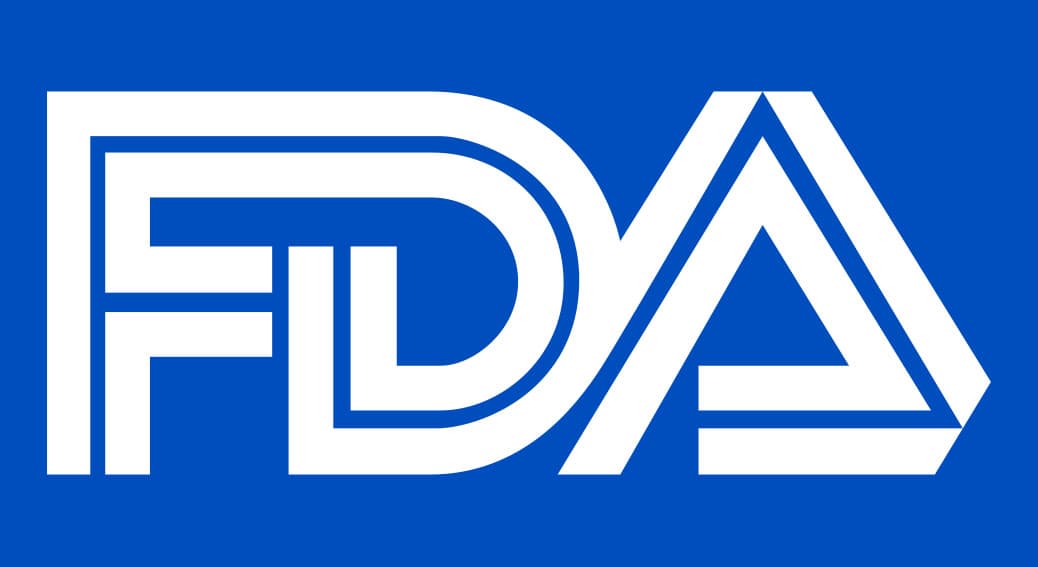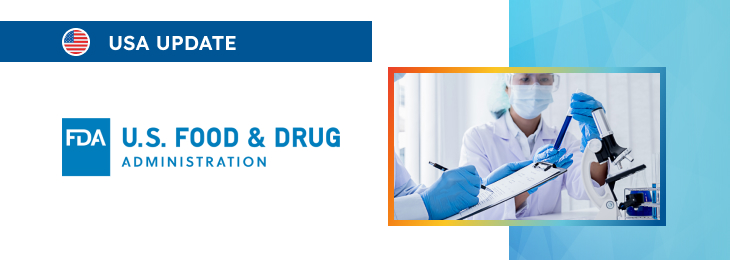The new article provides further clarification on the regulatory policy, emphasizing the key aspects to be considered in order to ensure compliance with the relevant regulatory requirements.

Table of content
The Food and Drug Administration (FDA or the Agency), the US regulating authority in the sphere of healthcare products, has published a small entity compliance guide dedicated to laboratory-developed tests. The document provides an overview of the applicable regulatory requirements, as well as additional clarifications and recommendations to be taken into consideration by the parties involved in order to ensure compliance.
At the same time, provisions of the guidance are non-binding in their legal nature, nor are they intended to introduce new rules or impose new obligations. Furthermore, the authority explicitly states that an alternative approach could be applied, provided such an approach is in line with the existing legal framework and has been agreed with the authority in advance.
The relevant section of the guidance outlines the FDA’s amendments and phase out policy for Laboratory Developed Tests (LDTs), detailing the definition of in vitro diagnostic products (IVDs) and the phased approach to compliance over a four-year period.
Definition of In Vitro Diagnostic Products
The amendment to 21 CFR 809.3(a) clarifies that IVDs are considered medical devices under the FD&C Act, even when manufactured by laboratories. This clarification is essential as it emphasizes that the definition of a device in the FD&C Act does not distinguish between different manufacturing entities.
Following a four-year phaseout period, IVDs offered as LDTs will generally be expected to comply with all applicable requirements in the US. The FDA has outlined several enforcement discretion policies for specific categories of laboratory-manufactured IVDs.
These policies are detailed in the preamble to the LDT Final Rule and further discussed in Section V of this guide. Additional resources on applicable requirements are provided in Section VI to assist manufacturers in understanding these requirements.

Phase Out Policy
Historically, the FDA has exercised general enforcement discretion for most LDTs. However, the FDA is now phasing out this approach to ensure that IVDs manufactured by laboratories meet the same regulatory standards as other IVDs.
This transition aims to enhance the safety and effectiveness of LDTs while considering important public health factors such as patient access and reliance.
The phaseout consists of five stages:
- Stage 1 (May 6, 2025): Compliance with Medical Device Reporting (MDR), corrections and removals reporting, and Quality System (QS) requirements for complaint files (21 CFR 820.198).
- Stage 2 (May 6, 2026): Compliance with registration and listing, labeling, investigational use requirements, and other applicable regulations not covered in other stages.
- Stage 3 (May 6, 2027): Compliance with full QS requirements (21 CFR part 820), excluding complaint files addressed in Stage 1.
- Stage 4 (November 6, 2027): Compliance with premarket review requirements for high-risk IVDs (Class III devices or those subject to licensure under the PHS Act), unless a premarket submission has been received by this stage’s start.
- Stage 5 (May 6, 2028): Compliance with premarket review requirements for moderate- and low-risk IVDs, unless a premarket submission has been received by this stage’s start.
For IVDs offered as LDTs already on the market before Stages 4 or 5, the FDA generally does not intend to enforce premarket authorization requirements if a complete submission has been made by the corresponding phaseout stage. This approach aims to prevent disruption in access to existing IVDs available to patients.
Enforcement Discretion Policies
The FDA intends to exercise enforcement discretion for specific categories of IVDs manufactured by laboratories, such as:
- Currently Marketed IVDs Offered as LDTs: IVDs first marketed before May 6, 2024, with certain limitations on modifications.
- LDTs for Unmet Needs: LDTs developed within healthcare systems to address unmet patient needs within the same system.
- Other Specific IVD Categories: Including 1976-Type LDTs, certain HLA tests for transplantation, forensic tests, and LDTs within the DoD and VHA.
At the same time, the authority explicitly states that these enforcement discretion policies do not apply to tests identified in the LDT Final Rule as falling outside the phaseout policy scope, such as donor screening tests for infectious diseases, blood typing tests, and direct-to-consumer tests.
The FDA also issued guidance documents with enforcement discretion policies for COVID-19 and mpox tests and proposed policies for IVDs responding to chemical, biological, radiological, or nuclear (CBRN) agents.
The phaseout policy represents a significant shift in how the FDA regulates LDTs, aiming to ensure these tests meet stringent safety and effectiveness standards. Although the general enforcement discretion approach is being phased out, the FDA retains the authority to take enforcement actions for any violations of the FD&C Act as deemed appropriate.
The FDA will continue to provide guidance and resources to assist laboratories in navigating these regulatory changes.
Conclusion
In summary, the present FDA guidance outlines the relevant implementation steps for the new enforcement policy for laboratory-developed tests and also emphasizes the specifics pertaining to the definition of the IVD device.
How Can RegDesk Help?
RegDesk is an AI-powered Regulatory Information Management System that provides medical device companies with regulatory intelligence for over 120 markets worldwide. It can help you prepare and publish global applications, manage standards, run change assessments, and obtain real-time alerts on regulatory changes through a centralized platform. Global expansion has never been this simple.

